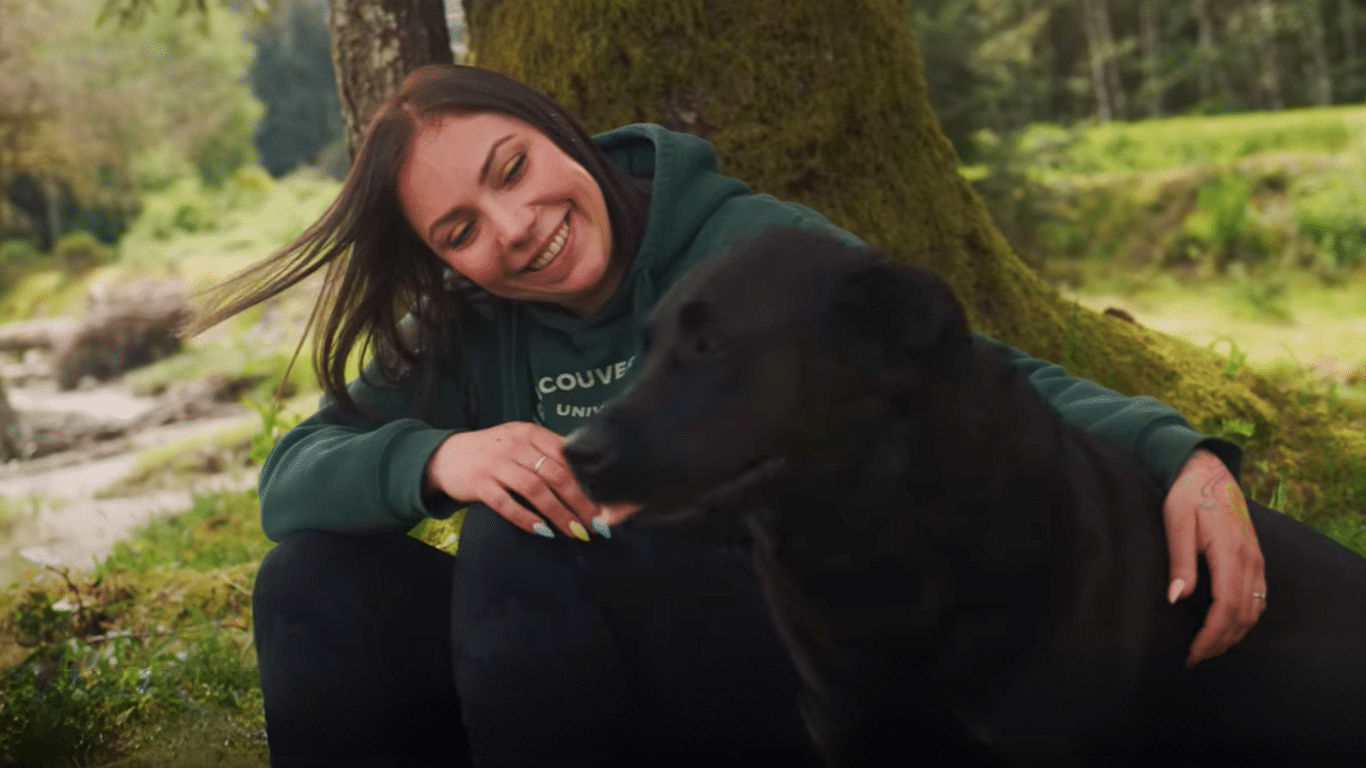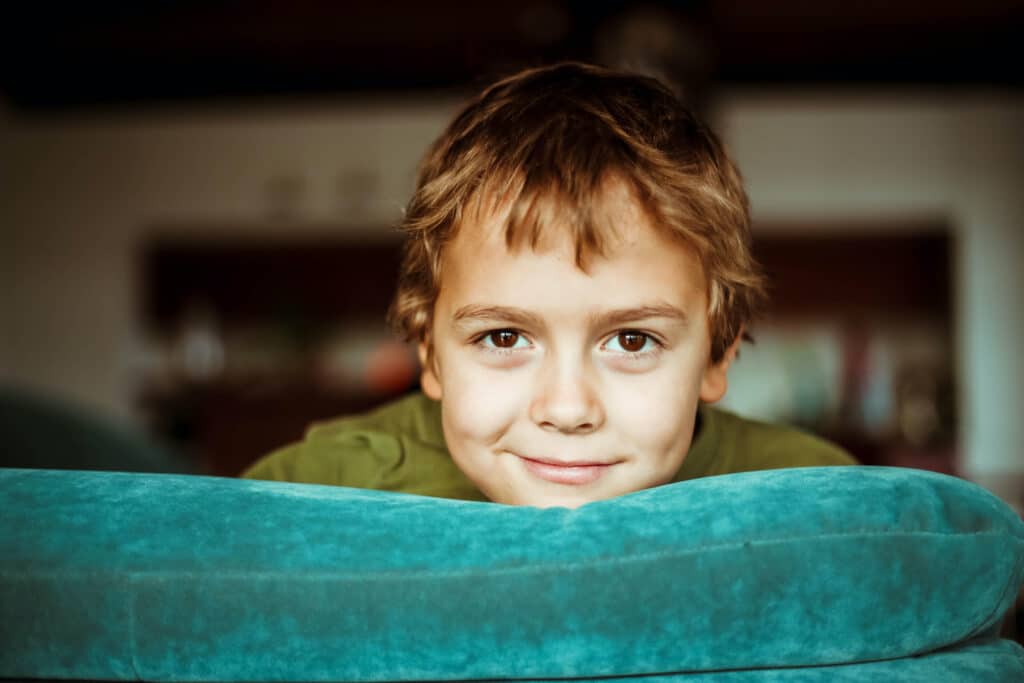What adoptees want parents to know
If we could go back in time and, with the wisdom of hindsight, ask our parents to do things differently, what would adopted people request? It’s a dream question, of course. What person wouldn’t want the chance to set their parents straight?
To help me answer this question more objectively, I asked many of the adopted adults who belong to We are Adopted: The Adoptees Association to share their thoughts. I also reflected on the many stories I’ve heard from other adopted people over the years.
Until recently, most adoptions were closed or involved limited access to adoptees’ original families. It’s probably not surprising, then, that most adult adoptees wished they’d grown up without secrecy, and that their adoptive parents were up front with the truth about their biological origins.
Tell the truth
I know that many adoptive parents worry about how the truth may impact their adopted children. But secrecy and avoidance confuses children. If the things their parents say to them contradict their lived experience, they learn that they cannot trust their own thoughts, feelings, perceptions, and senses. This is especially damaging for adoptive families, where the goal is to establish strong attachments based on trust.
When it comes to parents attempting to protect a child by keeping secrets, most of the adoptees I spoke to had the same response: “Don’t bother.” Adoptees will invariably learn the truth at some point, and they’ll feel betrayed. Almost everyone I spoke to wished that they’d grown up with families who were transparent about their adoption story. If you’re an adoptive parent who doesn’t feel confident or comfortable with that, please consult with an adoption counsellor.
Help them through hard feelings
Many adult adopted people also wished their parents had more awareness and skills to help them navigate their difficult feelings about being adopted. Many adopted children start life with the painful core belief that there is something fundamentally flawed or unworthy about them. Unless someone helps them make sense of their early experience of deep loss, they conclude that negative experiences in their life are their own fault. This belief can continue to exert a strong negative influence throughout their life unless it’s replaced with something more helpful.
Watch your words
I’ve witnessed adult adoptees become visibly upset at the memory of common adoption phrases like “you are special” and “you were chosen.” For them, these well-intended messages felt like the equivalent of a slapping a Band-Aid on a gaping wound and confirmed that their parents either didn’t get it or, even worse, didn’t want to get it. There are many resources that can help adoptive parents support their children’s emotional development and teach them emotional self-regulation. Empathy—the willingness to acknowledge and sit with their child’s pain as well as their own—is at the foundation of this work.
Identify your own issues
The final wish I’ll share is one that adopted people mentioned many times, in many ways. They express their unfulfilled desire to meet the needs of their parents, to reassure them of their love, and to promise never to betray them for their original parents. This betrays a deep-seated sense of insecurity at the centre of their family.
More often than not, adopted children are identified as the source of problems in the family. There’s no doubt that adopted children often have special needs. But it’s easy for parents to ignore the way their own beliefs, attitudes, and issues impact the child and the family too. From my point of view as a therapist, in a perfect world all parents would examine themselves carefully. They’d consider their motivations and desires as adoptive parents, reflect on patterns and dynamics within their childhood family, and gain insight about their expectations and beliefs. These tasks are particularly important for adoptive parents, who usually have to be more thick-skinned, resilient, smarter, and better informed than other parents.
Learn more, love better
Parenting is a tough gig, filled with moments of insecurity, doubt, helplessness, and frustration. All of that is normal. As an adoptive parent, it’s even more important to consider what you bring to your family’s dynamic, as well as what your child brings. All children need to be wanted, to feel worthy of love, to feel connected, and to belong. Adopted people, who often go through life mistakenly believing that they have to earn those things, may feel them especially keenly. The more clarity and insight parents can develop, the more effectively they can do their job of meeting those fundamental needs.
Catherine Moore is both an adoptee and an adoptive mother, and is the co-founder of We Are Adopted: The Adoptees Association. Visit them at www.weareadopted.ca.





